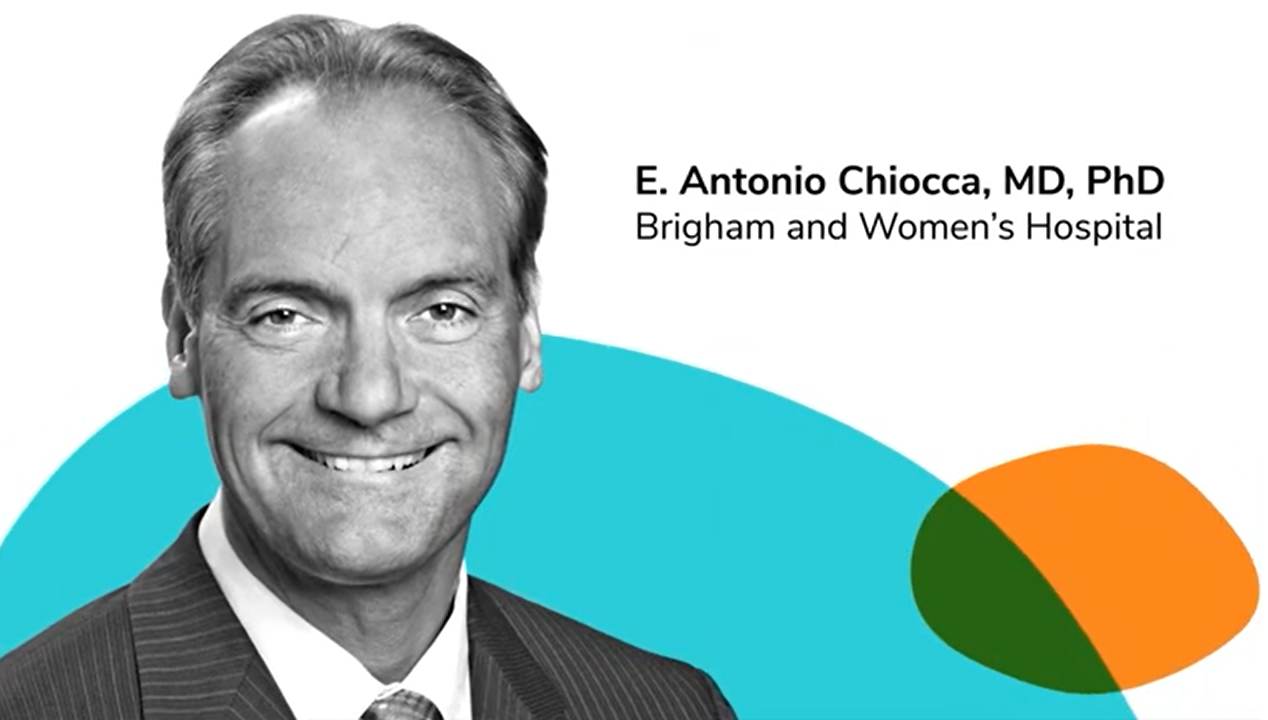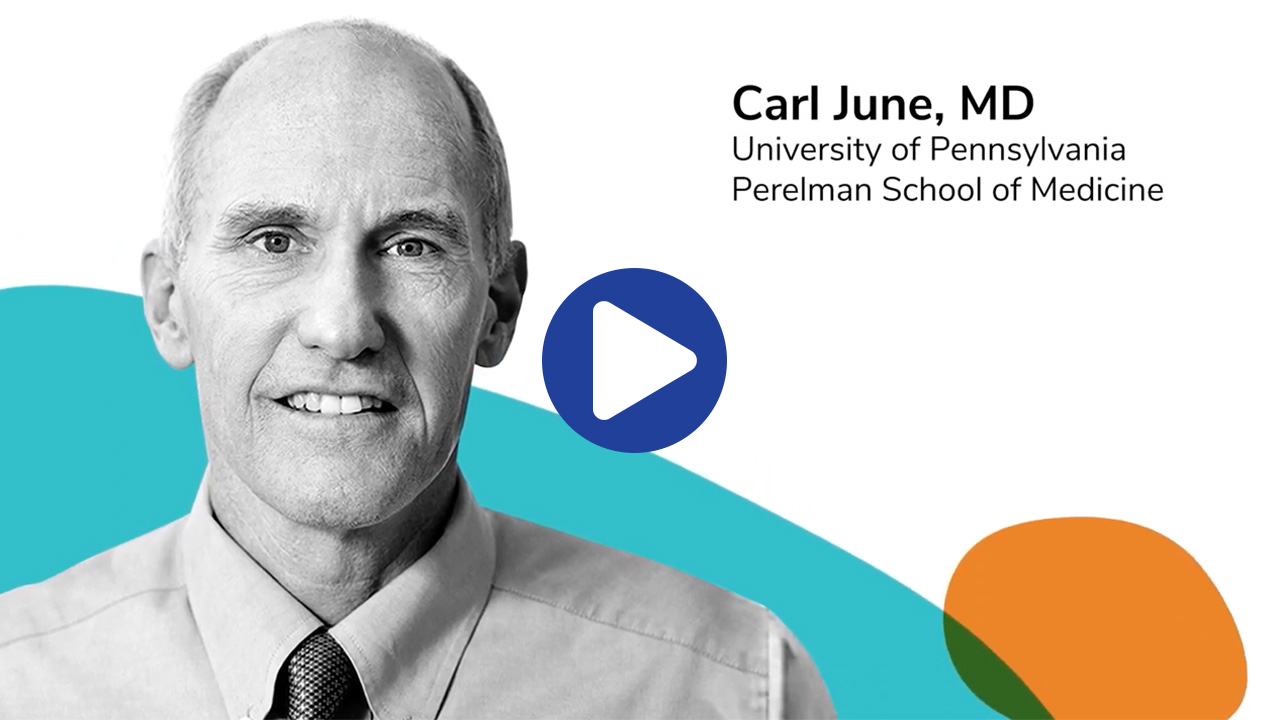Welcome to our February 2024 newsletter.
|
ACGT grant helps brain tumor scientist develop virus for glioblastoma.
|
CAR T-cell therapy: Engineering our body’s cells to harness the immune system.
|
Scientists create CAR T cells through a multi-step process that combines gene therapy and immunotherapy techniques to harness the patient’s own immune system against cancer. The process starts with the collection of T cells, a type of immune cell, which are modified in a laboratory to express a specific protein receptor called a chimeric antigen receptor (CAR).
The CAR is designed to recognize a specific protein, or antigen, present on cancer cells, allowing the CAR T cells to target and kill any cancer cells expressing that protein. The modified T cells are then multiplied in large numbers in the lab and infused back into the patient’s blood.
Once inside the patient’s body, the CAR T cells continue to multiply and seek out cancer cells to destroy.
Read more about the approved CAR T-cell therapies on our website.
|
|
|
Honoring loved ones: The impact of tribute gifts.
|
|
|
In the quest for a cancer-free future, ACGT stands as a beacon of hope, pioneering groundbreaking research and advancements in the fight against this devastating disease. One meaningful way individuals can contribute to this mission is by making tribute gifts in memory or in honor of their loved ones or friends.
Tribute gifts to ACGT serve as a powerful testament to the enduring impact that those touched by cancer can have on the world. By channeling support into cutting-edge gene therapy research, these donations not only commemorate the lives of those lost but also empower the living to make a tangible difference. Such contributions play a vital role in funding innovative projects that may one day unlock the key to eradicating cancer altogether.
For Lori Lowe and her family, they contribute to the legacy her husband Ming Lowe left behind – a legacy of love, adventure and a desire to make the world a better place. Lori’s donations are helping pave the way for a brighter future for cancer patients and their families. To read more about Ming Lowe’s legacy and ACGT’s impact, check out our Annual Impact Report.
The significance of tribute gifts is not only their monetary value but also the collective impact of a community’s dedication to transforming loss into hope. As donors support ACGT’s mission, they become integral partners in the ongoing battle against cancer, ensuring that the organization can continue its vital work until the day when cancer is no longer a threat to humanity.
In the face of adversity, tribute gifts to ACGT become a beacon of resilience, unity and progress, turning grief into action and honoring the memory of loved ones with a lasting legacy of hope for a cancer-free future.
|
|
|
Meet the newest ACGT Scientific Advisory Council members.
|
|
|
ACGT welcomes two new members to its Scientific Advisory Council.
Shari Pilon-Thomas, PhD, is a Senior Member of the Immunology Department at Moffitt Cancer Center in Tampa, FL. She is currently the Co-Director of the Center for Immunization and Infection Research in Cancer (CIIRC). Dr. Pilon-Thomas received her PhD in Immunology/Microbiology from Wayne State University in Detroit and completed her postdoctoral fellowship in the Department of Surgery, Tumor Immunology, Immunotherapy from the University of Michigan in Ann Arbor.
Dr. Pilon-Thomas’s research focuses on the advancement of immunotherapy, specifically vaccine-based approaches and adoptive T cell therapy for a wide variety of solid tumors. Her research program is one of the leading efforts in bridging the space between basic science and clinical immunotherapy trials for patients with solid tumors. She has spearheaded the optimization of tumor-infiltrating lymphocyte (TIL) expansion protocols and translation of TIL therapy at Moffitt Cancer Center.
Katy Rezvani, MD, PhD, is a professor at The University of Texas MD Anderson Cancer Center, where she is the Sally Cooper Murray Endowed Chair in Cancer Research, a professor of medicine, the Chief of the Section of Cellular Therapy in the Department of Stem Cell Transplant and Cellular Therapy, Executive Director of the Adoptive Cell Therapy Platform, and Director of Translational Research and Medical Director of the MD Anderson GMP and Cell Therapy Laboratory.
Dr. Rezvani’s lab studies the role of natural killer (NK) cells in mediating immunity against glioblastoma as well as other solid tumors and seeks to understand the mechanisms of tumor-induced NK cell dysfunction. The goal of her research is to develop strategies for genetically engineering NK cells to enhance their in vivo anti-tumor activity and persistence.
Please visit our website to read more about Dr. Pilon-Thomas and Dr. Rezvani, and the other ACGT Scientific Advisory Council members.
|
|
|
The latest from around the cancer cell and gene therapy research world.
|
|
|
Following reports of secondary cancers after patients received CAR T-cell therapy, members of the ACGT Scientific Advisory Council, ACGT Board of Directors, and additional cell therapy experts published a consensus commentary in Nature Medicine (paywall). The news is also discussed in a recent Lancet article (free access). The FDA has repeatedly stated that the overall benefits of these therapies continue to outweigh their potential risks for their approved uses but has also determined that new safety information should be included in the labeling for all BCMA- and CD19-directed genetically modified autologous T-cell immunotherapies.
AbbVie penned two deals with Umoja Biopharma for its in-vivo CART-cell therapy programs. AbbVie gets an option to license Umoja’s lead program, a CD19-directed therapy for blood cancers, under the first agreement. Under the second deal, the two companies will develop up to four in-vivo CAR T-cell therapy candidates for targets chosen by AbbVie.
Allogene Therapeutics announces its 2024 platform vision to redefine the future of CAR T-cell therapies, led by ALPHA3, the industry’s first pivotal clinical trial for frontline consolidation in large B-cell lymphoma.
New research from the lab of ACGT Research Fellow Michel Sadelain, MD, PhD (Memorial Sloan Kettering Cancer Center), shows that disrupting a single gene in CAR T cells can make them more potent and able to fight tumors longer.
Early results from a phase 1 clinical trial of AT101, a new CAR T-cell therapy that uses a distinct binding mechanism to target CD19, show a 100% complete response rate, according to researchers from the University of Pennsylvania Perelman School of Medicine and Penn Medicine’s Abramson Cancer Center.
|
|
|
|







